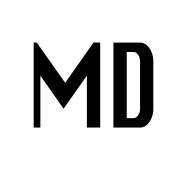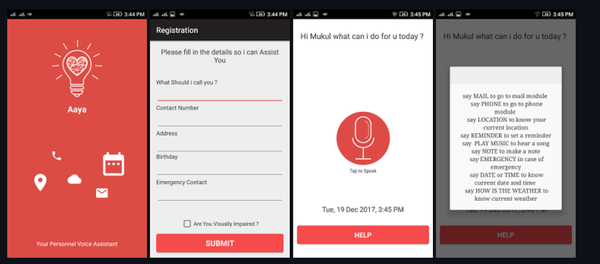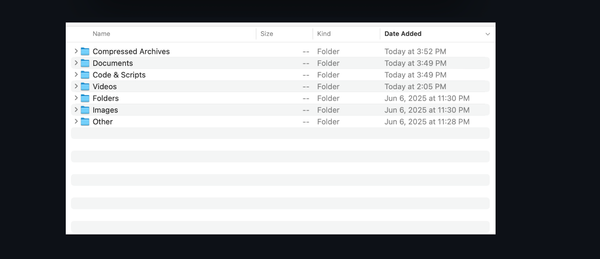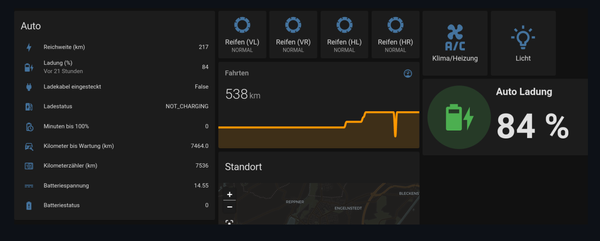Medical-AI: The AI Framework Built for Doctors, Developers, and Medical Innovation
Table of Content
Today, let's talk about Medical-AI, a powerful open-source framework.
What is Medical-AI?
Medical-AI is a Python-based AI framework designed specifically for medical imaging and diagnostics. It’s built for rapid prototyping, so you can go from idea to working model, fast.
It’s like a toolbox for medical AI, with ready-to-use templates, pre-built models, and evaluation tools, all wrapped in a simple, easy-to-use package.
Whether you're a doctor looking to automate or confirm diagnosis, a developer building medical tools, or a researcher testing new AI models, Medical-AI gives you the power and flexibility to do it all, without getting stuck in complex code.
Why Medical-AI Stands Out
- Easy to Install:
pip install medicalai, that’s it. - Ready-to-Use AI Models: TinyMedNet and others are already built in.
- Medical-Friendly Templates: Train, test, and evaluate models with minimal code.
- Automated Reports: Generate full PDF reports with metrics like accuracy, sensitivity, ROC curves, and more.
- Explainable AI: Understand how your model makes decisions, great for publishing and clinical use.
- Works with TensorFlow & Numpy: Flexible and powerful for developers.
- Open Source & Free: No hidden costs, no license fees, just clean, open code.
Who Is This For?
For Doctors & Clinicians:
Want to use AI in your practice without needing a PhD in data science? Medical-AI gives you tools to:
- Detect abnormalities in X-rays or scans
- Automate diagnosis for common conditions
- Get clear, visual reports for patient discussions
For Developers:
Building medical tools and need a solid AI foundation? Medical-AI gives you:
- Pre-built training pipelines
- Easy data loading from folders
- Fast inference and deployment tools
- Model explainability for transparency
For Researchers:
Need to prototype and test AI models for medical imaging or diagnostics? Medical-AI gives you:
- Pre-configured templates for training
- Easy-to-use evaluation tools
- Support for segmentation, classification, and multi-label models
Real-World Use Cases
1. Pneumonia Detection in Chest X-Rays
Train a model to detect pneumonia from chest X-ray images — and generate a full diagnostic report in seconds.
2. Tumor Detection in MRI Scans
Use Medical-AI to train and evaluate models that detect tumors or anomalies in brain MRIs.
3. Diabetic Retinopathy Screening
Automate early detection of eye disease using retinal scans, helping catch issues before they become critical.
4. Lung Segmentation from CT Scans
Use image segmentation templates to isolate and analyze lungs from CT scans — useful for lung cancer detection or tracking recovery.
5. AI for Dermatology
Train models to detect skin conditions like melanoma or eczema from image datasets.
Key Features You’ll Love
Easy Dataset Loading
trainSet, testSet, labelNames = ai.datasetFromFolder("dataset_path", targetDim=(96,96)).load_dataset()
Load your medical image dataset in seconds, no more messy preprocessing.
Built-in Training & Evaluation
trainer = ai.TRAIN_ENGINE()
trainer.train_and_save_model(
AI_NAME='tinyMedNet',
MODEL_SAVE_NAME='my_medical_model',
trainSet=trainSet,
testSet=testSet,
OUTPUT_CLASSES=2,
EPOCHS=10,
LEARNING_RATE=0.001
)
Train your model, save it, and get real results, quickly.
Generate Full Evaluation Reports
trainer.generate_evaluation_report()
Get a PDF report with:
- Accuracy, Sensitivity, Specificity
- ROC & Precision-Recall Curves
- Confusion Matrix
- Confidence Intervals
Model Explainability
trainer.explain(testSet.data[0:1], layer_to_explain='CNN3')
See how your model makes decisions — critical for clinical validation and publishing.
Inference Made Simple
infEngine = ai.INFERENCE_ENGINE(modelName='my_medical_model')
infEngine.predict_with_labels(testSet.data[0:2], top_preds=3)
Run predictions and get clear, labeled results, perfect for integration into clinical tools.
Developer-Friendly, Research-Ready
Medical-AI is built with TensorFlow, NumPy, and Pandas, and works best with Python 3.5–3.7. It supports both numpy-based training and generator-based pipelines, so you can scale from local experiments to full production models.
And yes, it works with Google Colab, so you can train and test models in the cloud with zero setup.
Open Source & Growing
Medical-AI is Apache 2.0 licensed, and actively maintained on GitHub:
GitHub - aibharata/medicalai
📢 Final Thoughts
Medical-AI isn’t just another machine learning library, it’s a bridge between medicine and AI.
As a doctor and developer, I built this tool to help others like me, whether you're on the frontlines of care or deep in research, Medical-AI gives you the power to build AI that matters.
Ready to try it out?
Install it with:
pip install medicalai







